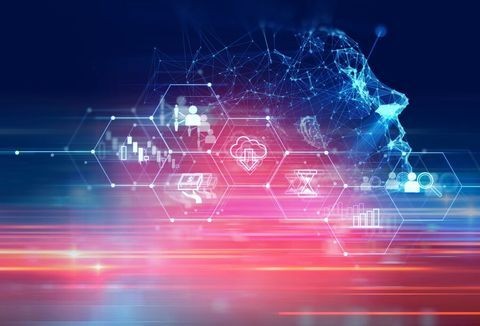GAO Implements Changes to Bid Protest Process
Client Alert | 1 min read | 04.06.18
On April 2, 2018, GAO published a final rule, effective May 1, 2018, implementing the long-awaited Electronic Protest Docketing System (EPDS) allowing for the electronic filing and documentation dissemination for protests. In addition to implementing EPDS, the final rule includes other changes to “streamline the bid protest process.”
Notable changes to GAO’s protest process as a result of the rule include the following:
- Implementation of the EPDS as the sole method for filing unclassified GAO protests.
- Instituting a $350 filing fee for all new protests.
- Clarifying that protests challenging solicitation improprieties that become known after the solicitation closes and without an amended closing date must be filed within 10 days of when the protester knew or should have known of the basis of protest.
- Clarifying the scope of GAO’s jurisdiction over the award of task/delivery orders and the propriety of an agency’s use of a non-procurement instrument to procure goods or services (e.g., other transaction authority (OTA)).
- Requiring redacted versions of protected documents only when requested by another party.
- Requiring an agency that overrides CICA’s automatic stay to notify GAO of the basis of the decision or provide a copy of the decision itself.
To read more, visit our blog post on the topic.
Insights
Client Alert | 6 min read | 04.16.24
Navigating the AI Intellectual Property Maze - Key Points From Congressional Hearing
On April 10, 2024, the U.S. House of Representatives, Judiciary Committee Subcommittee on Intellectual Property convened Part III to an ongoing discussion and exploration of artificial intelligence (AI) and intellectual property (IP) rights. The session, “Artificial Intelligence and Intellectual Property: Part III - IP Protection for AI-Assisted Inventions and Creative Works,” delved into the nuanced debate over what IP protections should exist for AI-generated or AI-assisted works.
Client Alert | 5 min read | 04.15.24
Making the EU Courts More Efficient for Trade-Related Decisions
Client Alert | 1 min read | 04.15.24
New FAR Part 40 to Address Supply Chain and Information Security Requirements
Client Alert | 1 min read | 04.11.24
U.S. Chamber Submits Comments on the FAR Council’s Proposed Rule Regarding Pay Transparency





